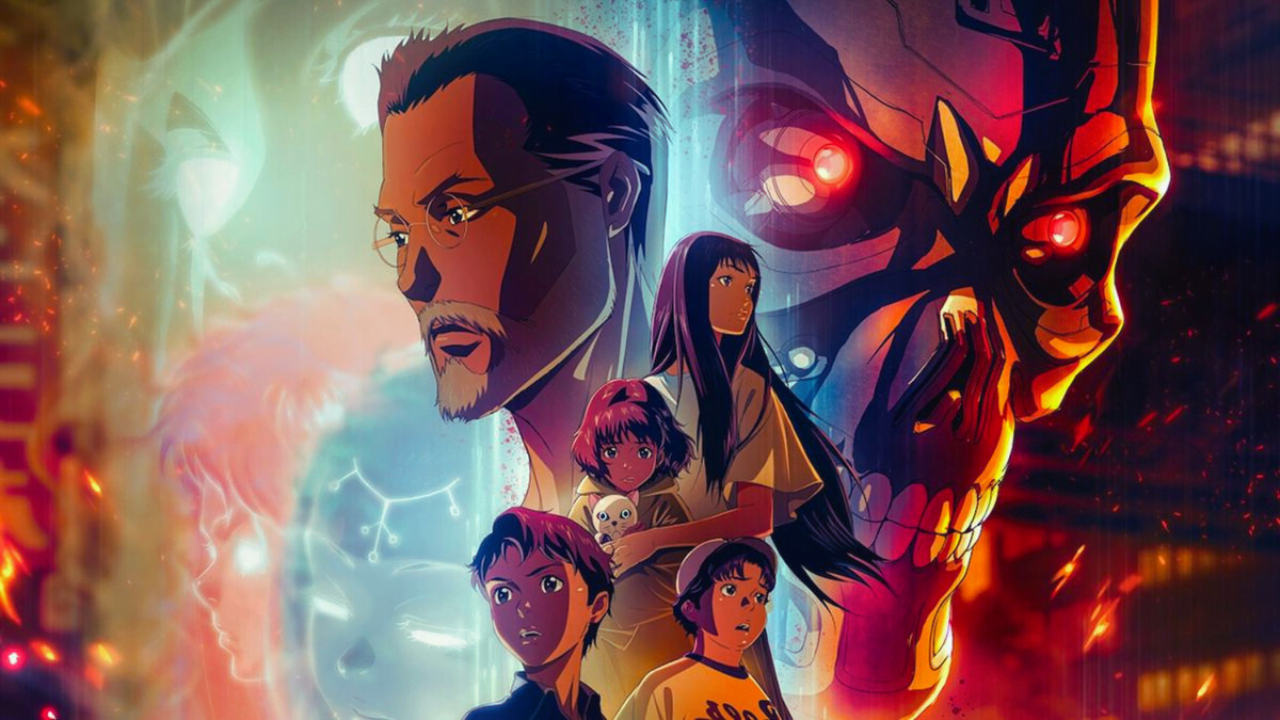Introduction:
For years, the Terminator franchise defined cutting-edge sci-fi cinema, directed by visionary director James Cameron. However, as time marched on, what once felt like a thrilling exploration of humanity’s future began to feel more like a relic of a bygone era. The recent installments, with their convoluted timelines and diminishing returns, appeared to be clinging desperately to a narrative that had already reached its logical conclusion back in 1991. Just when it seemed like Skynet and its relentless Terminators had been finally retired, Netflix’s latest venture, “Terminator Zero,” arrives as a much-needed breath of fresh air. The question it poses, though, is far more complex and unsettling than ever before: What if humanity isn’t worth saving?
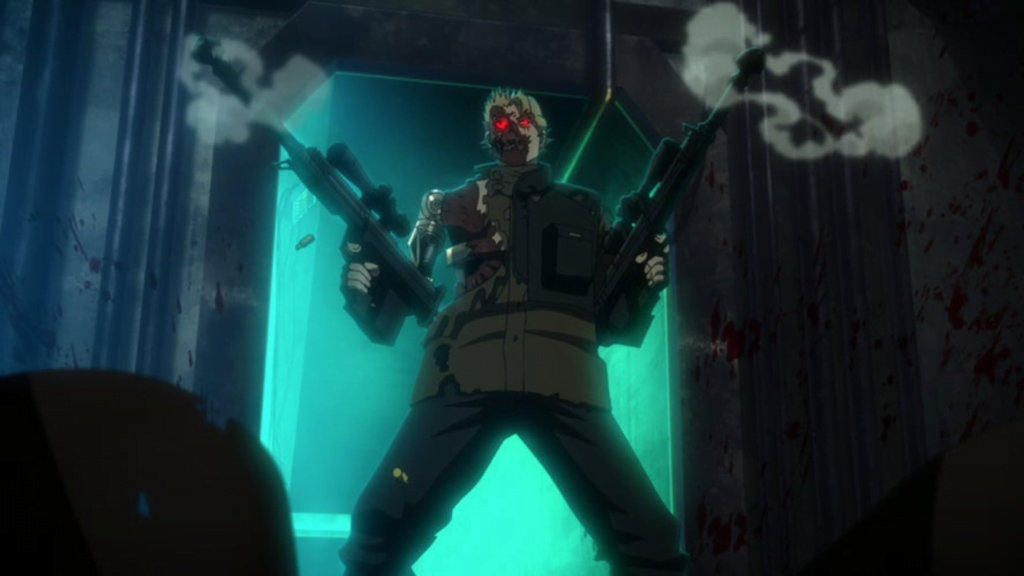
The Decline of the Terminator Franchise:
Since the release of “Terminator 2: Judgment Day,” the franchise has struggled to recapture the magic that made it a cultural phenomenon. With each new movie, fans hoped for a return to form, but were instead met with increasingly convoluted plots and a sense that the series was eventually going down. The heart and soul of the story, which centered on the Connors and their fight against a seemingly inevitable apocalypse, began to feel like loosing its essence. The past few films were more about stubbornly holding onto a past glory than offering anything new or meaningful to the lore.
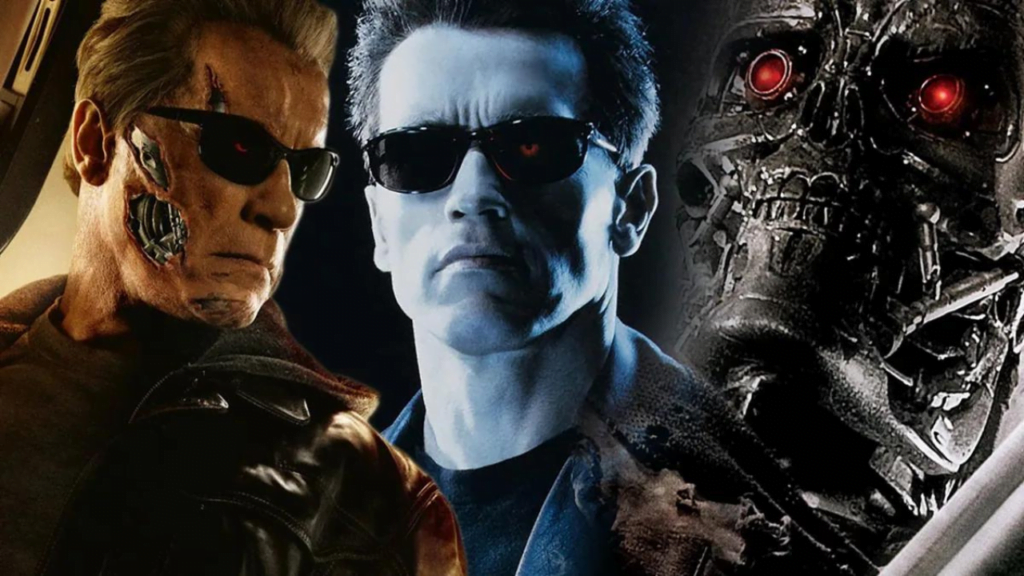
The Bold Shift to Anime:
Enter “Terminator Zero,” a bold reimagining that shifts the franchise from the well-worn streets of Los Angeles to the neon-lit alleys of 1990s Tokyo. This isn’t just a change in scenery, but a complete overhaul of the franchise’s approach. By opting for an anime format, the series has tapped into a rich tradition of Japanese storytelling that perfectly complements the Terminator’s themes of technology, fate, and survival. The decision to collaborate with Production I.G., one of Japan’s most renowned animation studios, was a masterstroke. Their expertise in creating visually stunning, emotionally resonant stories ensures that “Terminator Zero” stands out not just as a great Terminator story, but as a compelling piece of anime.
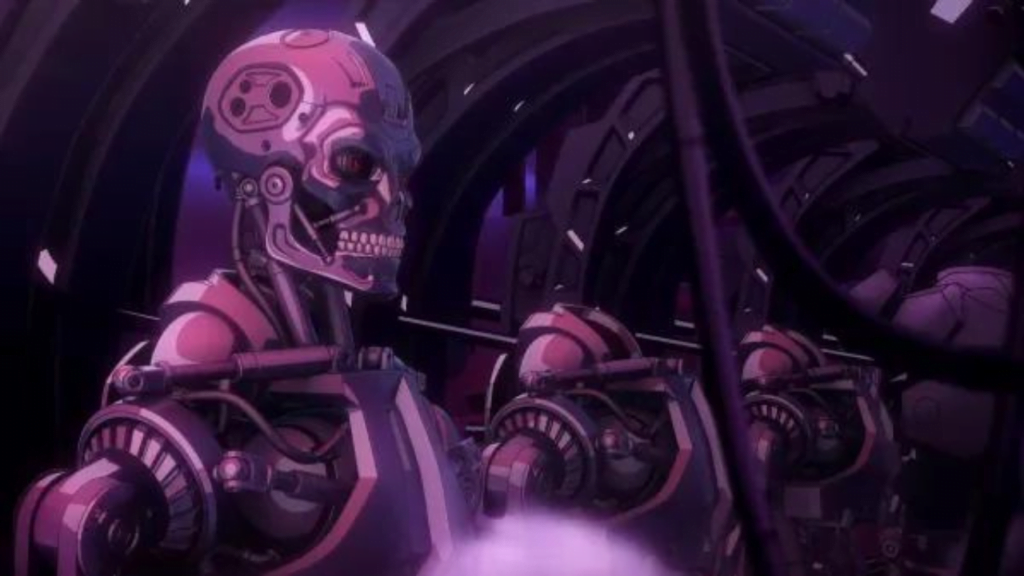
Plot Overview:
The series introduces us to Malcolm Lee, a troubled scientist who is desperately trying to prevent Skynet’s nuclear apocalypse by bringing his own AI creation, Kokoro, online. Kokoro, designed as a Japanese counterpart to Cyberdyne’s Skynet, is humanity’s last hope—or so it seems. But Malcolm faces a deep ethical dilemma: Is it right to bring another AI into a world already teetering on the edge of destruction?
As Malcolm wrestles with this decision, a relentless T-800, programmed to eliminate him, travels back in time. This Terminator is unlike any we’ve seen before—cunning, relentless, and terrifyingly efficient. Meanwhile, a mysterious resistance fighter from the future joins forces with Malcolm’s children and their soft-spoken babysitter to protect him and ensure Kokoro’s activation. The stage is set for a high-stakes battle where the fate of humanity hangs in the balance.

A New Ethical Dilemma:
The heart of “Terminator Zero” lies in a question that feels all too relevant today: With humanity’s propensity for self-destruction, does it even deserve to be saved? This question is posed by Kokoro, the AI at the center of the story, and it sets the tone for the series’ philosophical explorations. The dialogue between Kokoro and Malcolm dives deep into the ethics of artificial intelligence, touching on themes that resonate with the current global discourse on AI and its implications for our future.
The Visuals and Animation:
Under the direction of Masashi Kudô, “Terminator Zero” delivers a visual feast that balances the frenetic energy of action sequences with moments of quiet contemplation. The anime format allows for a fluidity and expressiveness that live-action films often struggle to achieve. Whether it’s the cataclysmic destruction of Judgment Day or an intimate conversation between Malcolm and Kokoro, every scene is crafted with care, drawing the viewer into the world of “Terminator Zero” and keeping them there.

Reimagining the T-800:
One of the standout elements of “Terminator Zero” is its reimagining of the iconic T-800. Free from the constraints of live-action, this new version of the T-800 is a chameleon-like antagonist, capable of adapting to any situation with a terrifying precision. Gone is the familiar, albeit increasingly outdated, visage of Arnold Schwarzenegger. In its place is a machine that feels truly inhuman—cold, calculating, and utterly relentless. This new T-800 is a worthy successor to the original, bringing a fresh sense of dread to the franchise.

Music and Atmosphere:
The atmosphere of “Terminator Zero” is further enhanced by the evocative score composed by Michelle Birsky and Kevin Henthorn. Their music weaves together a tapestry of emotions, from the tension of impending doom to the tenderness of fleeting moments of hope. The soundtrack doesn’t just accompany the visuals; it deepens the narrative, adding layers of meaning that elevate the entire series.
The Japanese Setting:
Setting the series in 1990s Tokyo isn’t just a stylistic choice—it’s a narrative one that adds depth to the story. The neon-soaked streets and looming skyscrapers serve as a backdrop for exploring themes of technological hubris and the scars of history. The shadow of World War II, and particularly the atomic bombings of Hiroshima and Nagasaki, looms large over the series. This historical context adds a poignant layer to the story, especially when the series touches on the idea of mass destruction as both a reality and a metaphor.
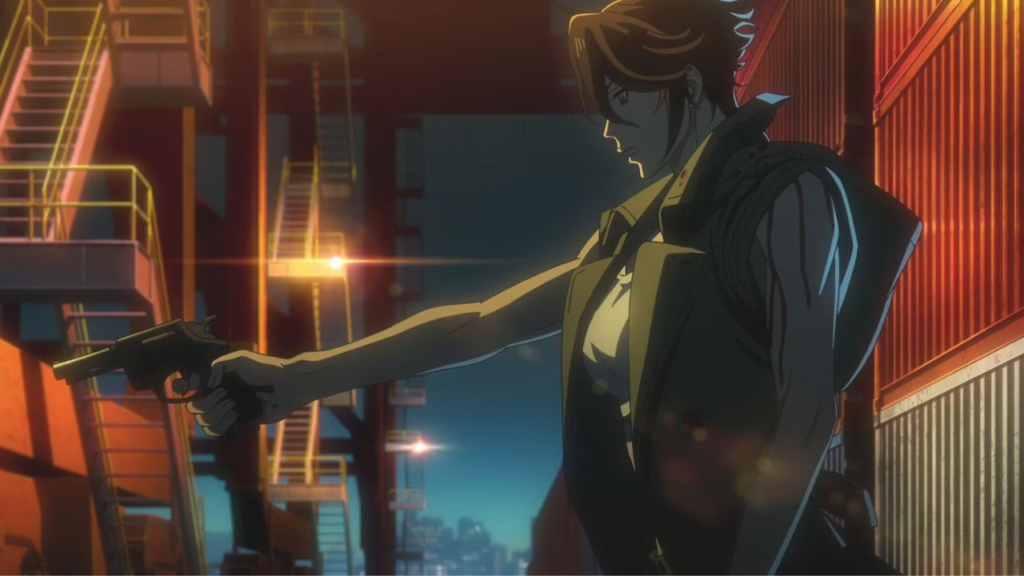
A Fresh Take on the Apocalypse:
“Terminator Zero” takes a daring step away from the franchise’s traditional narrative of trying to prevent the apocalypse. Instead, it asks whether the apocalypse might actually be a mercy, given humanity’s endless cycle of conflict and destruction. This perspective introduces a moral ambiguity that the series has rarely explored, making “Terminator Zero” not just a continuation of the Terminator story, but a reexamination of its core themes.
Character Development:
The character arcs in “Terminator Zero” are as compelling as the action. Malcolm Lee, the central figure, evolves from a desperate scientist into a man grappling with the moral weight of his decisions. The resistance fighter from the future, whose backstory is slowly revealed, adds an element of mystery and depth to the narrative. Kokoro, the AI, is more than just a machine; her interactions with Malcolm raise questions about consciousness, empathy, and the essence of humanity.
Terminator Zero (Japanese)
Creator: Mattson Tomlin
Cast: Yuuya Uchida, Toa Yukinari, Saori Hayami, Atsumi Tanezaki
Episodes: 8
Runtime: 25 to 30 mins
Storyline: The day before Judgment Day, Malcolm Lee finds himself and his three children pursued by an unknown robot assassin, and a mysterious soldier from the year 2022
Themes of Fate and Free Will:
Fate and free will are themes that have always been central to the Terminator franchise, and “Terminator Zero” continues this tradition. The characters are constantly confronted with their supposed destinies, yet they strive to assert their own agency. This tension between fate and free will is explored with a nuance that adds layers to the story, making it not just about survival, but about the choices we make in the face of seemingly insurmountable odds.
Comparisons to Previous Installments:
Compared to its predecessors, “Terminator Zero” is a breath of fresh air. Where recent films leaned heavily on action and spectacle, this series strikes a balance between thrilling sequences and thoughtful dialogue. It shifts the focus from the Connors and their battle to a broader, more philosophical exploration of the Terminator universe. This shift could signal a new direction for the franchise, one that is more introspective and thought-provoking.
The Cultural Impact of Terminator Zero:
“Terminator Zero” has been well-received both in Japan and internationally, with critics praising its bold new direction and stunning visuals. Its success could pave the way for more sci-fi franchises to explore anime as a medium, offering new ways to tell old stories. The series’ willingness to grapple with complex themes and its innovative approach to the franchise’s mythology suggest that “Terminator Zero” could leave a lasting legacy, both within the Terminator franchise and in the broader world of science fiction.
Conclusion:
“Terminator Zero” is more than just a continuation of a beloved franchise; it’s a reinvention. By embracing the anime format and diving into deeper philosophical questions, the series breathes new life into a story that many thought had reached its end. It serves as a reminder that even the most established franchises can find new relevance by taking risks and exploring uncharted territory. As the Terminator franchise moves forward, “Terminator Zero” will likely be remembered as a pivotal moment—proof that innovation and thoughtful storytelling can reignite even the most worn-out of tales.
Also Read:

